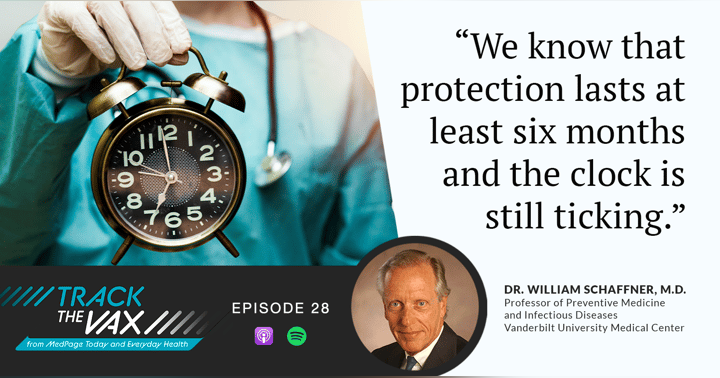That Side Effect Has Many Feeling “MEH” About the Shot.

Whether you get the shot and feel great, or perhaps have those flu like symptoms… chances are someone you know, has had some kind of reaction to a Covid-vaccine.
A new CDC report found following dose one, pain in the arm was the number one reaction for both mRNA vaccines (Pfizer and Moderna). Roughly 70 percent of those over 65 and about 80 percent of those younger experienced arm pain according to the data.
But what about those 15 individuals that were found to have serious blood clots following the J&J vaccine?
“Because vaccines are being administered to people who are previously well, we take an abundance of caution whenever we see things that are occurring, that are what we call serious adverse reactions,” Dr. Dial Hewlett Jr., theMedical Director for the Division of Disease Control at Westchester County Department of Health and a fellow for the Infectious Diseases Society of America explained in this week’s episode of Track the Vax.
The pause has been lifted, but the fallout over side-effect concerns lingers.
A recent survey by the Kaiser Family Foundation, as reported in the New York Times found: Among adults who have not been vaccinated, one in five said that the news about the Johnson & Johnson shot had prompted them to change their minds about getting a Covid-19 vaccine.
But are rare events, like this, something to be worried about as you roll up your sleeve?
“Any time we are talking about something that is being given to literally millions and millions of people around the world, we are going to see a variety of reactions,” he told host Serena Marshall. “Most of which we hope and most of which I think predictably will be mild to moderate reactions.”
In this episode of Track the Vax you’ll also learn:
- Which side-effects you need to worry about.
- How the J&J blood clot is different than those we hear about for birth control or other medications.
- How a vaccine may be key to helping those with ‘long-haul’ Covid.
Listen along with us on: Apple Podcasts , Spotify, or wherever you listen
